 I just finished blogging at MarionConway.com about giving your website a facelift this summer. That article included some basic design advice and some quick and easy ideas that you don’t have to wait to implement. As I sometimes do, this is a companion article and if you like this one I suggest you read It’s Summer – Give Your Website a Quick Facelift at my other blog.
I just finished blogging at MarionConway.com about giving your website a facelift this summer. That article included some basic design advice and some quick and easy ideas that you don’t have to wait to implement. As I sometimes do, this is a companion article and if you like this one I suggest you read It’s Summer – Give Your Website a Quick Facelift at my other blog.
This article is about the importance of knowing as much about your website as possible from an user perspective and putting that information to work. There are lots of SEO (that’s search engine optimization) experts and articles. I am not an expert and this article isn’t about SEO – well not really. I promise not to use any jargon without explaining what I am talking about.
When I lead social media for nonprofit workshops I always start by talking about how your website is your base and you have to start there and get your website in order before you develop a strong social media presence. The reason for this is that much of what you want to do with social media is drive people to your website where they can learn more about you and upcoming events, sign up for your newsletter and, of course, donate.
But how do people find you on the web? Do you know? You should know. It is easy enough to find out. Check the analytics for your website. The what? Yes, your website almost certainly has analytics but if your webmaster is the only one who knows about it it doesn’t do any good. Most platforms that websites are built on have statistics reporting built in. These statistics about your users are called analytics. You can also use my favorite, Google Analytics. Google analytics can very easily be added to your website by adding a simple script – and it is free. Your webmaster can do this in less than five minutes. Analytics programs tell you all sorts of useful information such as:
-How many visitors you have each day, week, month and year
-Cities, states and countries your visitors come from
-Referring sites – Other websites that have a link to your website and someone clicked on that link
-Search words/phrases that people typed in and your website came up in search and they visited the site
-What was the landing page – not just the home page – that the visitor reached when they first came to your site
-Who was the service provider – Frequently this may just be something like Verizon. But it can also be the name of a foundation or company if they host their own website.
This information is crucial for nonprofits and small business to understand their website from a visitor’s point of view. Not everyone comes directly to your site. Its possible that a significant percentage of your visitors come via other routes and you should know about it.
Another question is your website coming up when people search on certain words and you hope the find you?
What You Might Find Out
This is an exercise that I do live with workshop participants – when we are in a room with wifi. Type into Google search words that you would like your website to come up for. Examples might be “Shakespeare NJ” and indeed the Shakespeare Theater of NJ comes up first. But when I type in homeless shelters NJ, HUD articles, and newspaper articles come up before any actual homeless shelters. Then a few well known ones begin to appear. But some of the biggest ones do not appear. They needs to use the words that people search on more frequently on their websites – and especially in article headings.
Maybe people are landing on a page that should be getting more attention and updating.
Where is your traffic coming from anyway – Is it from facebook? LinkedIn? Is it from your partner websites? Did someone mention you on the web or highlight a link in a news article? These sources should be thanked and perhaps there is the opportunity to return the favor.
In January 2010 I wrote My Blog in 2009 Laid Naked and Dissected – The Analytic Results as a blog post. I explained what I learned about my visitors and how I planned to use it. It was a very popular post. Check it out.
Understanding what makes you website visitors tick when it comes to your website can be very valuable information. Don’t leave this information behind.
Marion Conway
——————
For more resources, see our Library topic Nonprofit Capacity Building.

